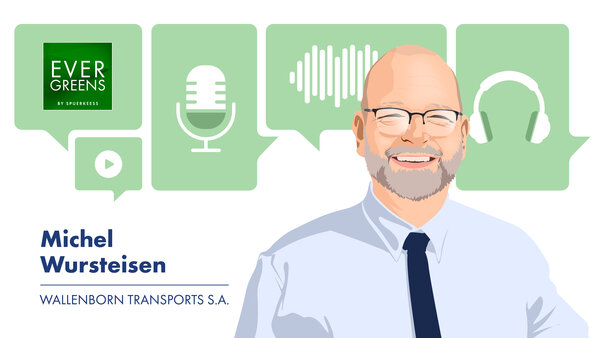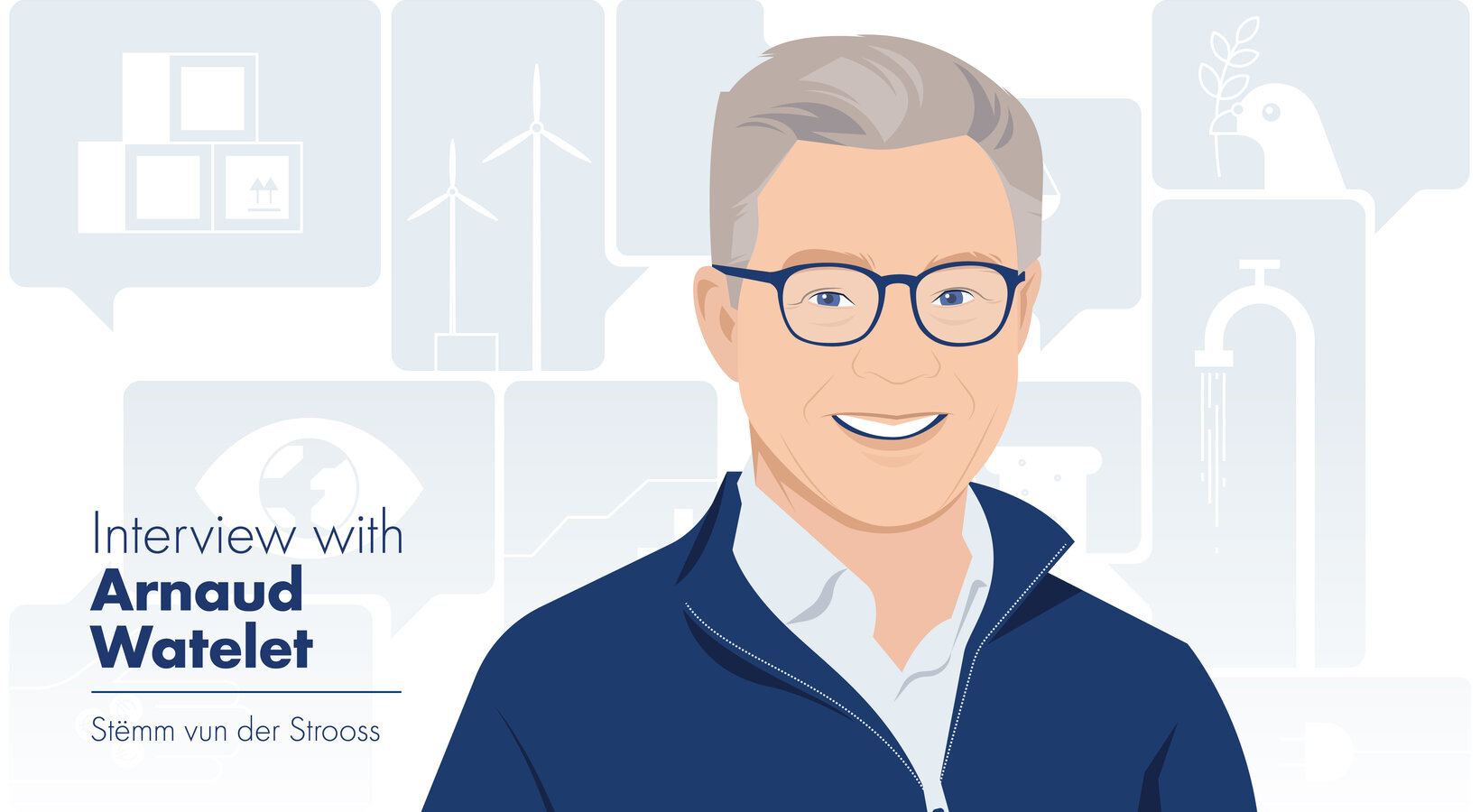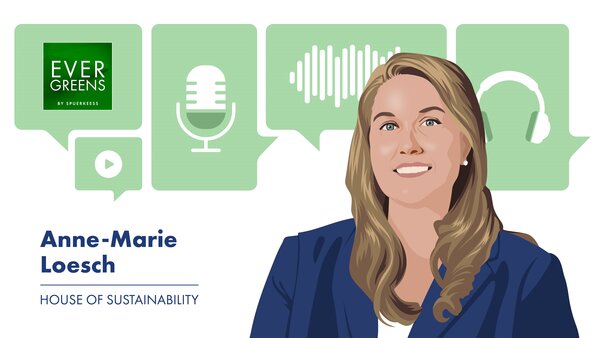Throughout lockdown, Stëmm never closed its doors and continued to provide access to food to anyone in need, although, between March and June 2020, we were obliged to serve our free meals in the street. Later, up to 20 beneficiaries were allowed to enter the social restaurant and stay for 30 minutes. On the one hand, these measures were taken to comply with social distancing rules; on the other hand, we wanted to make room for the next group of beneficiaries.
Naturally, with these measures in place, maintaining the usual level of social contact was not possible, and yet this is what those who come to Stëmm are looking for. The chance to talk, to be treated with respect, to spend time with other people, to rest somewhere safe, or simply to have a cup of coffee – none of this was possible during the pandemic and that is what had the biggest impact on both our beneficiaries and our teams. The Covid period has made everyone aware of the importance of social contact, and our service users were grateful to us for remaining open for them.
Many businesses and individuals supported Stëmm vun der Strooss during this time. A hairdresser came to cut their hair in the street, restaurant owners prepared meals, caterers gave us their supplies – all of these contributions brought a little happiness.
For those who had a place to stay, even if it was basic, lockdown was as difficult as it was for those who were living on the streets. Cut off from all social contact and unable to work, those who were stable before lockdown relapsed back into drugs, alcohol and medication. Their health worsened quickly, and tragically, there were more deaths than in previous years.
We also saw the arrival of a new group of people in need: those whose temporary or fixed-term contracts were not renewed. Demand for our services changed, meaning we needed to adapt quickly in order to deliver the best possible response.
As the free medical consultations, cloakroom and showers had to be temporarily paused, many clients felt adrift. Their health and hygiene declined at an alarming rate.



![[Translate to English:] [Translate to English:]](/fileadmin/_processed_/9/7/csm_426_EXP_Romy_Reding_Spuerkeess_28mars25_f6a6df7a8f.jpg)
![[Translate to English:] [Translate to English:]](/fileadmin/_processed_/5/8/csm_SP_175_Illustration_422_EXP_Bertrand_Lathoud_Luxembourg_House_of_Cybersecurity_d8f6d97d0e.jpg)
![[Translate to English:] [Translate to English:]](/fileadmin/_processed_/f/5/csm_SP_171_Illustration_420_EXP_Philippe_Parage_CN3_77e5a0f32e.jpg)
![[Translate to English:] [Translate to English:]](/fileadmin/_processed_/5/8/csm_SP_171_Illustration_420_EXP_Lars_Weber_Spuerkeess_301b899cc5.jpg)

![[Translate to English:] [Translate to English:]](/fileadmin/_processed_/8/7/csm_410_EXP_Luigi_Garofoli_Spuerkeess_6fe92987c1.jpg)
![[Translate to English:] [Translate to English:]](/fileadmin/_processed_/7/d/csm_417_RSE_Max_Didier_CDCL_ac53048797.jpg)
![[Translate to English:] [Translate to English:]](/fileadmin/_processed_/1/7/csm_416_EXP_Marco_Rasque_Da_Silva_Spuerkeess__1__33f3f45032.jpg)
![[Translate to English:] [Translate to English:]](/fileadmin/_processed_/9/a/csm_415_EXP_Stephanie_Damge_House_of_Entrepreneurship_ef4a4a81e8.jpg)
![[Translate to English:] [Translate to English:]](/fileadmin/_processed_/3/6/csm_414_EXP_Tom_Wirion_68ffad8a51.jpg)
![[Translate to English:] [Translate to English:]](/fileadmin/_processed_/0/7/csm_Jessica_Thyrion_ESG_080dab77d5.png)